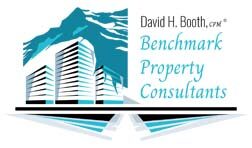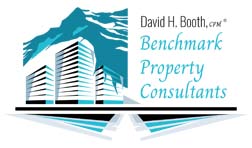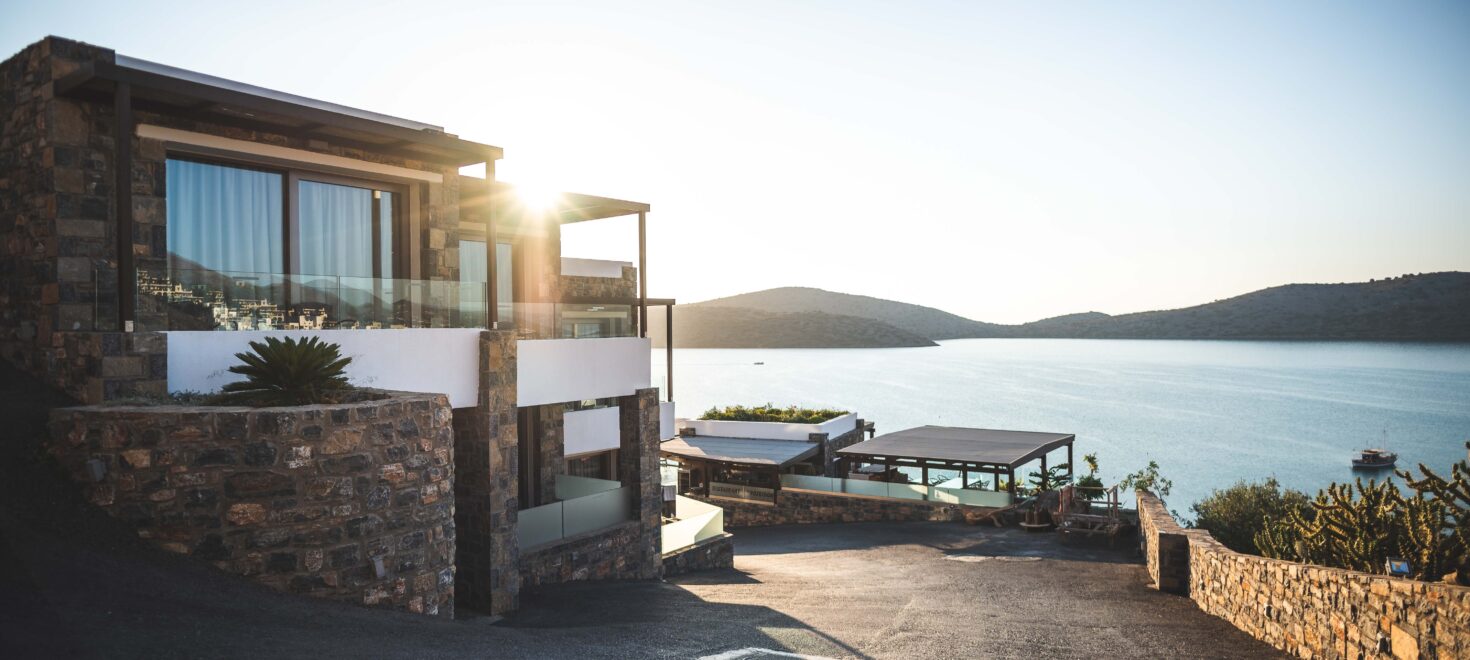When it comes to real estate, first impressions matter. Whether we’re talking about resort properties, retail and commercial properties, rental apartment communities, or HOA communities, the concept of curb appeal holds immense importance. The presentation of a property and the condition of the exterior can significantly impact its VALUE, overall attractiveness, and even the sense of community within the area. Neglecting maintenance and disregarding curb appeal not only creates an unfavorable environment but can also lead to larger capital expenditures down the road. We believe it is important to have a discussion with regard to the significance of curb appeal and consistent maintenance, highlighting the Broken Windows Theory and its implications for virtually any type of real estate model.
The Broken Windows Theory
The Broken Windows Theory, first introduced by criminologists James Q. Wilson and George L. Kelling in 1982, posits that visible signs of disorder and neglect in an environment can lead to increased crime, dis-repair, and antisocial behavior. The theory draws an analogy between a building with broken windows left unrepaired and a community with visible signs of neglect. When one broken window is left unfixed, it sends a signal that no one cares about the property or the community, subsequently inviting further vandalism, crime, and deterioration.
Similarly, Walt Disney, who had a special ability to pay attention to detail, had the goal to have his patrons help him keep his properties clean, maintain curb appeal and at the same time, create a great guest experience. He studied guest behavior and determined how far, on average, a patron would walk before throwing their trash to the ground. He had his staff position attractive trash containers at intervals less than this distance and there you have it; he accomplished his goal.
Resort Communities: Inviting and Welcoming Environments
In resort communities, curb appeal is vital for attracting guests and creating an inviting atmosphere. Well-maintained landscapes, pristine exteriors, and aesthetically pleasing surroundings enhance the overall experience for visitors. These communities thrive on positive first impressions, as they often serve as vacation destinations or second homes. Consistent maintenance ensures that the resort remains a desirable and sought-after destination, leading to increased revenue and property values.
Retail Properties: Attractive to Customers
For retail properties, curb appeal plays a crucial role in attracting customers and differentiating businesses from competitors. A well-maintained exterior conveys a sense of professionalism, cleanliness, and trustworthiness, enticing potential customers to enter the establishment. Neglected exteriors, on the other hand, can drive customers away and create a negative perception of the business. Regular maintenance, including landscaping, streets, repainting, and maintaining signage, is essential for maximizing foot traffic and customer engagement.
Rental Apartment Communities: Attracting New Tenants and a Home for existing Tenants
Curb appeal is equally significant in rental apartment communities. A visually appealing exterior sets the tone for the living experience, attracting prospective tenants and enhancing resident satisfaction. Well-manicured lawns, maintained common areas, and clean exteriors create a sense of pride and community, fostering a positive living environment. Many prospective renters will simply keep on driving when out looking for a home to rent. In addition, neglecting maintenance can lead to a decrease in property value and tenant retention. By investing in consistent maintenance, property owners can reduce vacancies and retain tenants, resulting in long-term financial benefits.
HOA Communities: Fostering a Sense of Community
Homeowner association (HOA) communities rely on curb appeal to foster a strong sense of community and maintain property values. Well-kept exteriors and communal spaces contribute to the overall appeal of the neighborhood, instilling a sense of pride among homeowners. Neglected areas within the community can lead to a decline in property values and community spirit. By prioritizing consistent maintenance and addressing issues promptly, HOA communities can promote a harmonious living environment and protect the investments of homeowners, as well as avoid large capital expenditures.
Deferred Maintenance – Paying the Price
While it may be tempting to postpone maintenance tasks to save costs in the short term, deferring maintenance only leads to larger capital expenditures in the future. This in turn we lead to unexpected large assessments to HOA Owners, one time. large “CAM” fees to commercial rental tenants or large unexpected expense to Rental Owners.
Delayed repairs often result in further damage, increasing the complexity and cost of repairs down the line. Additionally, a decline in curb appeal can affect property values and the overall desirability of the community, potentially deterring potential buyers, renters, or customers.
In summary, in virtually all real estate models, curb appeal and consistent maintenance are paramount. Neglecting maintenance not only invites the Broken Windows Theory to take hold but also leads to larger capital expenditures in the long run. By prioritizing curb appeal and investing in consistent upkeep, these communities can create inviting environments, attract customers and residents, foster a sense of pride and community, and ultimately protect property values and investments. Remember, maintaining properties is not just an expense but an investment in the future success and vitality of real estate properties.




